U.S. solar manufacturers are considering legal action after President Joe Biden moved to put off new tariffs on solar imports from Southeast Asian countries.
White House press secretary Karine Jean-Pierre said the move came in response to an energy emergency: “in this case the threat to the availability of sufficient electricity-generation capacity to meet expected customer demand.'’
In March, the Commerce Department launched an investigation into whether Chinese solar manufacturers had been improperly funneling parts through those four Asian countries.
The probe came following an appeal lodged by California-based Auxin Solar with the Commerce Department alleging that China was illegally bypassing existing tariffs aimed at ensuring fair competition for American products. In 2011, the United States charged China with dumping solar panels in the U.S. market, that is, selling them below cost to drown out local competitors.
The administration said the two-year moratorium would not affect the existing probe, but said that these imports will not be subjected to retroactive tariff collection.
The White House said that the suspension would be the “bridge” helping to boost the stalling solar industry in the United States.
“President Biden is significantly interfering in Commerce’s quasi-judicial process,'' Mamun Rashid, CEO of Auxin Solar, told AP in a statement.
“By taking this unprecedented—and potentially illegal—action, (Biden) has opened the door wide for Chinese-funded special interests to defeat the fair application of U.S. trade law,'' Rashid added.
According to Rashid, the White House neither consulted with Auxin nor other U.S. producers prior to the announcement.
Auxin is now “evaluating all of our legal options,'' he said.
Meanwhile, Timothy Brightbill, a legal representative for domestic solar manufacturers, said that the declaration of a national emergency was used as the pretext to denounce the ongoing trade examination.
His argument echoed that of Sen. Ron Johnson’s (R-Wis.), who said that Biden invoked a wartime law, the DPA, to purchase Chinese solar panel parts.
First Solar, the country’s largest solar panel manufacturer, rebuked the administration’s move.
The moratorium “sends the message that companies can circumvent American laws and that the U.S. government will let them get away with it and that the U.S. government will let them get away with it as long as they’re backed by deep-pocketed political pressure campaign,” vice president Samantha Sloan told Solar Power World in a statement.
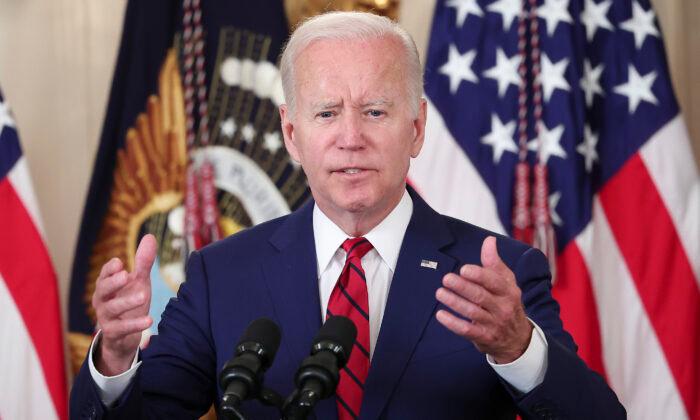
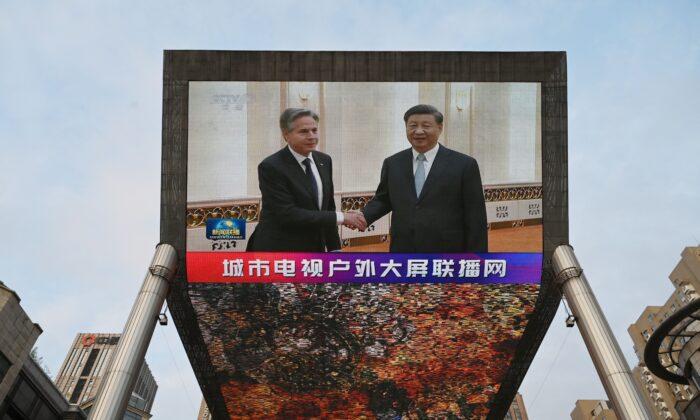
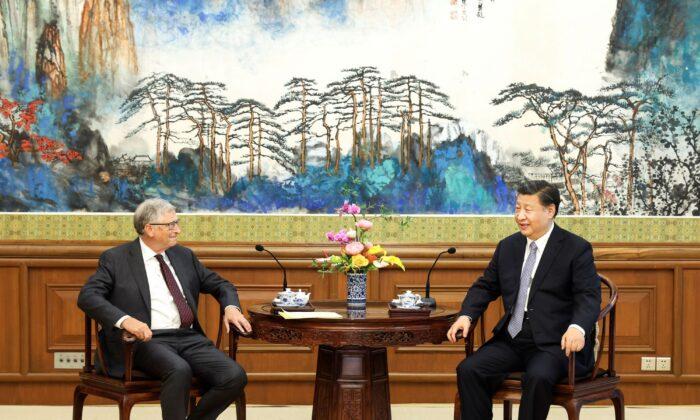
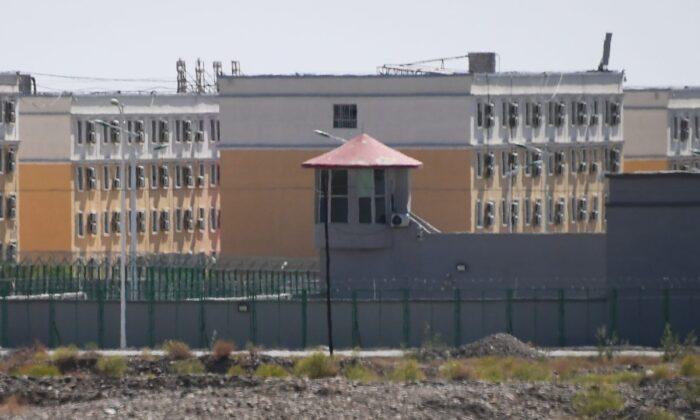
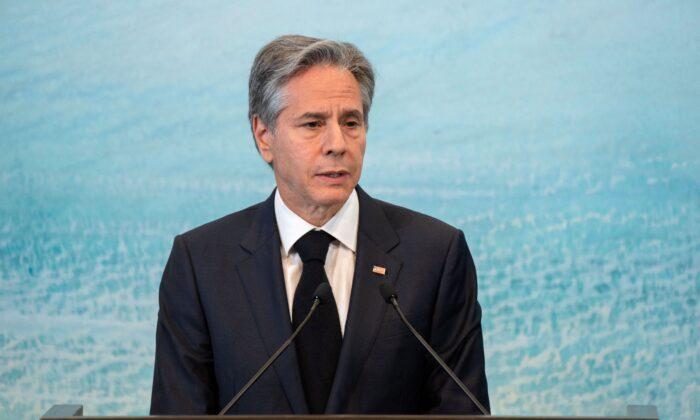
Friends Read Free